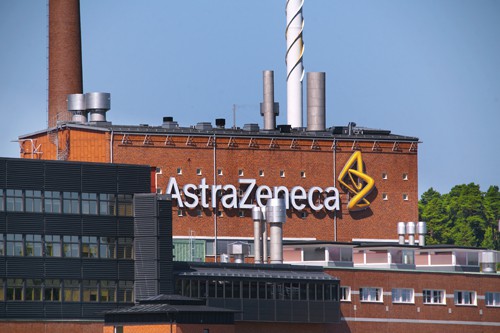
AstraZeneca’s antiplatelet drug Brilinta has joined the long list of drugs that have failed to show a significant benefit suffering an ischaemic stroke.
The results of the SOCRATES trial revealed that Brilinta (ticagrelor) given at a dose of 90mg twice-daily was no more effective than a single 100mg daily dose of aspirin in preventing stroke, heart attack and/or death when given to patients who had already suffered a stroke or transient ischaemic attack (TIA).
There was a trend towards fewer events with Brilinta – sold as Brilique in some markets – but this did not achieve statistical significance.
The results are a blow to AZ’s ambitions for Brilinta, which only recently emerged from the shadow of a US federal investigation into the results of a study that underpinned its approval in its current indication in acute coronary syndrome (ACS).
The drug was exonerated in 2014 and since then has grown quickly to reach sales of $619m last year, up 44% year-on-year, thanks in part to data showing its superiority to Sanofi’s Plavix (clopidogrel), a former blockbuster now subject to generic competition.
However, AZ had been counting on new indications including stroke to help to meet its own target of $3.5bn in annual sales for product by 2023.
The company is still waiting on the results of two other studies – the EUCLID trial in peripheral arterial disease (PAD) and THEMIS in patients with type 2 diabetes at high risk of cardiovascular events – in the hope they will allow the indications for Brilinta to be extended. EUCLID should generate results later this year while THEMIS is due to conclude in early 2018.
There was better news for AZ last year when Brilinta was approved for longer-term use in heart attack patients on the back of the PEGASUS trial, which showed Brilinta plus low-dose aspirin was significantly more effective than placebo plus aspirin at reducing the risk of dying from cardiovascular causes, having another heart attack, or having a stroke.
Full results of the SOCRATES trial are scheduled for presentation at the European Stroke Organisation conference in Barcelona in May.
Currently the only drug approved for the treatment of ischemic stroke is Genentech’s tissue plasminogen activator (tPA) Activase (alteplase), although this remains a controversial therapy as the drug has an extremely narrow therapeutic window and has to be given within three hours of stroke onset.




